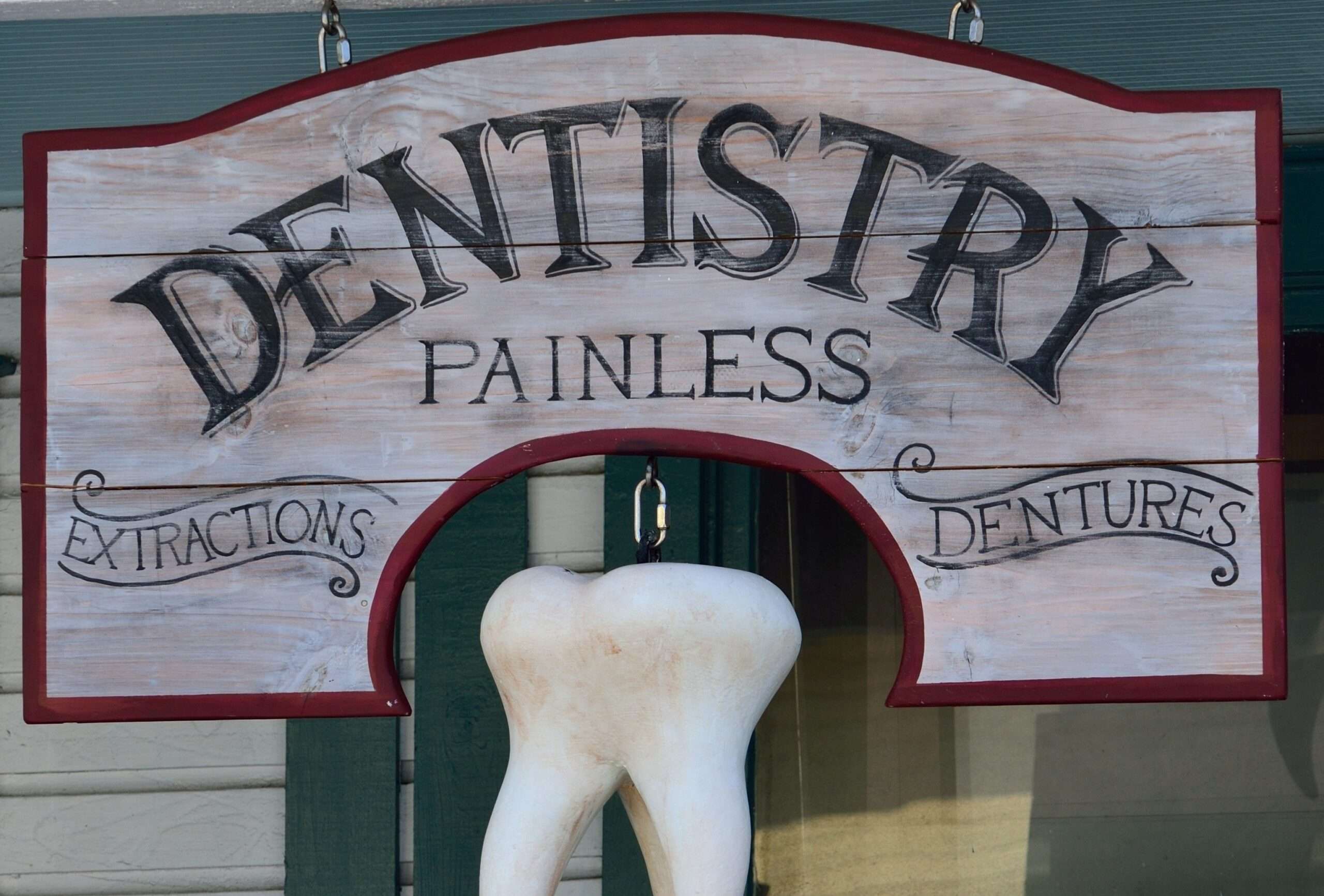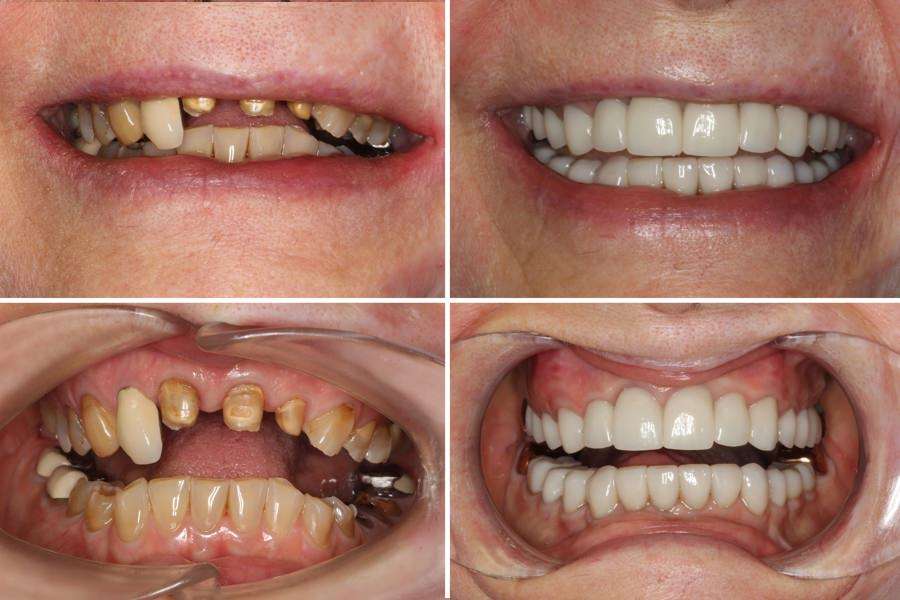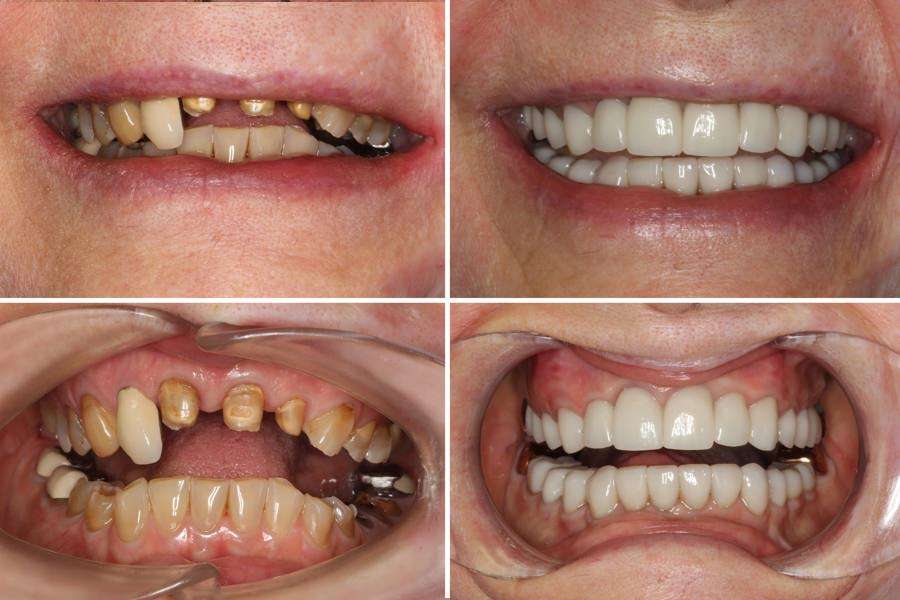Here some quick information you could need about Dental Implants :
| The Cost | Starts at 300 EUR per one implant |
| Session Number | 1 -3 sessions depends on each case and option |
| Before Session | No blood thinners, alcohol (before week), informing dentist if any chronic disease |
| Session duration | 45-75 minutes approx |
| After Session | Avoid soft drinks, tea, coffee, smoking. No hot / cold food or drink first 2 days |
| Results | Lifetime |
Dental Implants
Dental implant is a tiny titanium screw used to replace a missing tooth that is surgically inserted into the jawbone. A crown, bridge, or denture in the same shade as the tooth is then put over the implant. For those who are missing one or more teeth, dental implants are becoming a more and more popular alternative since they provide several benefits over conventional dentures and bridges. Compared to dentures, implants are far more stable and help maintain the health of the neighboring teeth. Furthermore, with careful maintenance, dental implants can endure a long time.
When the jaw bones are appropriate, it can present a chance to give patients who are entirely edentulous a range of treatment options for fixed prostheses.
Types of dental implants
Single, All on 4, and All on 6 dental implants are the common varieties:
- One dental implant and a crown is used to replace a lost tooth.
- All-on-Four: This technique supports a whole arch of teeth by carefully placing four implants in the jaw bone.
- All-on-Six: This procedure is comparable to All-on-Four but makes use of six implants for extra support and stability.
Each technique provides a unique method for placing and restoring dental implants, meeting the requirements of various tooth loss scenarios. There are different names for implants. For these treatments, standard implants—and occasionally tiny dental implants—are typically utilized.
Same-day dental implants
Same-day dental implants are a type of implant dentistry used in cosmetic dentistry when a temporary tooth restoration and a tooth implant are placed on the same day.
The necessity for several appointments and a protracted healing period is eliminated with same-day dental implant surgery. During the same visit, the tooth implant is placed into the jawbone and, if necessary, the damaged or missing tooth is extracted. The implant is connected to a temporary tooth restoration, enabling patients to go right away and have a functional tooth.
Not all patients qualify for same-day dental implants, so consult a trained dentist. Maxillofacial surgery can use implants for patients with trauma, birth defects, or oral issues, creating a strong prosthetic tooth foundation.
How Is Treatment for Dental Implants Performed?
Clinical and radiographic examinations are conducted in-depth during the first scheduled examination, and the circumstances necessary to administer implant dentistry therapy are assessed. The phase of aesthetic evaluation starts if it is decided that all the requirements are satisfied. At this point, the expectations of the patient are taken into consideration while creating design possibilities for the dental prosthesis to be used. Determining the implant features required to support the prosthesis starts once the prosthesis design outline is finalized. Three-dimensional radiography images of the patient are used to assess these traits. The number, location, length, and diameter of the implants are decided upon, along with millimetric measurements taken in the pertinent locations to guarantee optimal support.
The duration of implant treatment depends on various factors, including the patient’s health, the number of implants needed, and the need for additional treatments. If all conditions are met, the prosthetic phase can begin immediately, but the process may take longer in cases with low treatment success chances.
Aftercare
- Use antimicrobial mouthwash and brush twice a day to maintain healthy oral hygiene.
- Give quit smoking during the healing process of your implants to avoid issues and hasten your recovery.
- After surgery, stick to a soft diet, stay away from sticky or hard meals, and then progressively resume solid foods.
- Consume Prescription Drugs: As instructed by the dentist, give recommended drugs for pain relief and infection prevention.
- Keep track of your healing progress, make necessary adjustments to your implants, and make sure your fixed dental implants are operating properly.
- Steer clear of forceful activities, chewing, and mouthguard use.
- Frequent dental examinations
Advantages
- Dental implants offer stability, strength, and self-assurance in speaking, eating, and smiling.
- Improve appearance by imitating real teeth, providing a long-term solution.
- Prevent bone loss from dental disease, maintain face integrity, and do not affect adjacent teeth.
- Provide comfort without pain, enhance speech intelligibility, and require routine brushing, flossing, and dental examinations for convenience.
Who is candidate for dental implants
- People whose teeth are severely broken or missing.
- Those who are either qualified for bone grafting or have sufficient density in their jawbones to support the implant.
- Individuals in good oral health, devoid of any active infections in their mouths or gum disease.
- Those who don’t smoke or who are prepared to give up while receiving therapy and recovering.
- People who made a commitment to seeing a dentist on a regular basis and practicing proper oral hygiene.
- Who are willing to put in the required time and effort as well as have reasonable expectations in order for their implant integration to be successful.
Conventional VS Same-day dental implants
Conventional Implants
- A multi-step procedure with several visits and a recovery time.
- A different process is used to attach the final restoration once the implants are placed.
- The period of healing before the last repair is placed to allow for osseointegration.
- Conventional method involving a lengthier total course of treatment.
- Ideal in the majority of situations, offering a strong and long-lasting alternative for tooth replacement.
Same-day dental implants
- One-step procedure wherein the interim restoration and implant are placed on the same day.
- Soon after the surgery, you can walk out with a functioning tooth thanks to immediate functionality.
- Modern methods and supplies are employed for efficient care.
- shorter treatment times and increased comfort for qualified individuals.
- Not appropriate in every situation because eligibility is based on things like bone density and oral health.
FAQ – Dental Implants
What can be done if a dental implant fails?
The failed implant procedure involves removing the implant, administering local anesthetic, cleaning bone tissue, and grafting when necessary. The treated tissue should heal, and the steps for creating implant teeth are repeated after healing.
How long after extraction is implant placed?
Implant dentistry can be performed after tooth extraction if sufficient jawbone tissue is present, and can be completed three to six months later if not appropriate.
Do I need bone grafting?
Your bone’s quantity and quality will determine this.
What is the success rate of the procedure?
More than 90%
Are the implants removable?
No, it cannot be removed by the patient.
For Booking appointment please click on the link, for Social media click here, more information about our dental care options please click here






